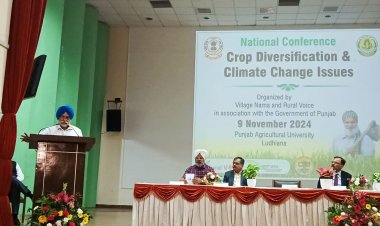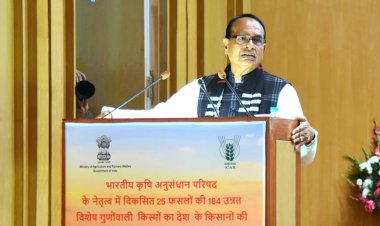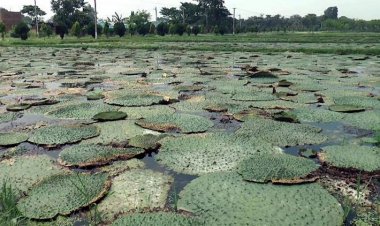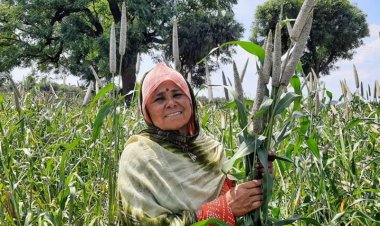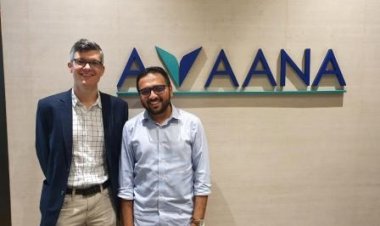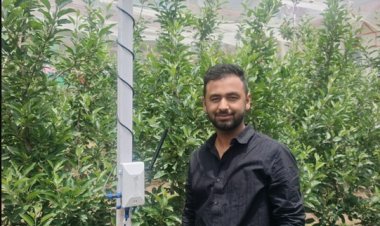G20 Meeting of Agricultural Chief Scientists grapples with food insecurity, malnutrition
The landscape of science and innovation is continuously evolving and providing new opportunities for achieving the 2030 Agenda. The G20 MACS will focus on how science, technology and innovation can contribute and provide innovative solutions to achieve the food security and nutrition with due consideration to social and ethical dimensions, leaving no one behind.
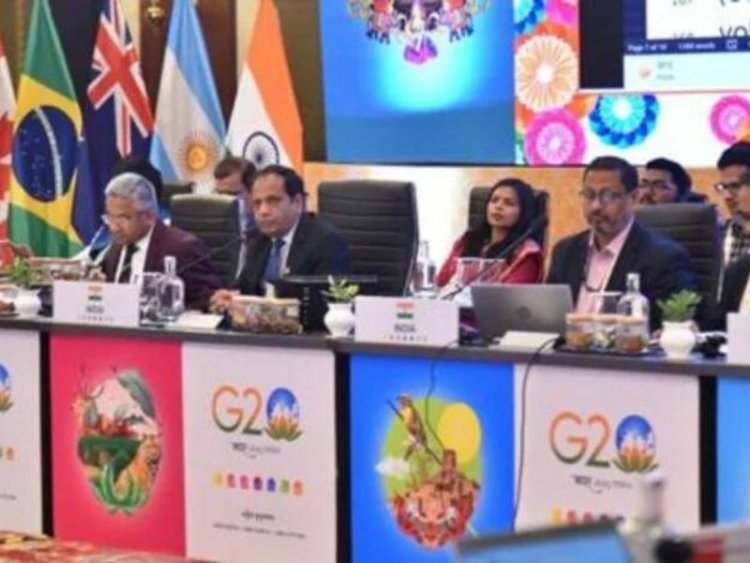
As the country faces various challenges to end food insecurity and malnutrition, the G20 Meeting of Agricultural Chief Scientists (MACS) is busy grappling with these burning issues to evolve solutions to tackle the situation.
The COVID-19 pandemic has further highlighted the fragilities in our agri-food systems. Science, technology and innovation are powerful components of evidence-based decision-making at all levels and key to identify synergies and trade-offs, transforming agri-food systems and achieving the SDGs.
Accordingly, the 2030 Agenda for sustainable development positioned Science, Technology, and Innovation (STI) as a key means of implementation of the SDGs. In 2021, the UN Food Systems Summit (UNFSS) affirmed the need to invest in science and innovation for the SDGs.
Also Read This: Govt to ban sugar export, notification soon as output may drop by 32 lakh tonne
The landscape of science and innovation is continuously evolving and providing new opportunities for achieving the 2030 Agenda. The G20 MACS will focus on how science, technology and innovation can contribute and provide innovative solutions to achieve the food security and nutrition with due consideration to social and ethical dimensions, leaving no one behind.
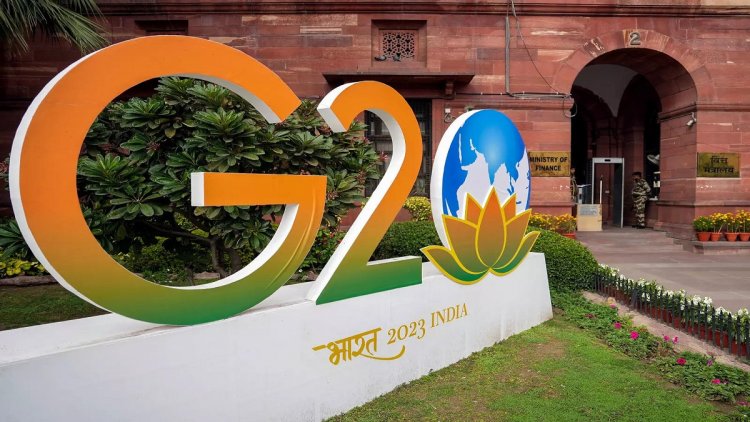
Scientists feel that there is a need for coordinated actions by G20 Members for sharing scientific knowledge and effective use of science, technology and innovation at all levels and reiterate the role of G20 Members as one of the main sources of consolidated and reliable scientific information for achieving the sustainable agriculture and food security.
A salient feature of the exercise is to explore as to how can the G20 countries share science-based technological and innovative solutions for achieving sustainable agri-food systems and food security and nutrition; how the frontiers in science and technology could meaningfully play a role in transforming agri-food systems and help achieve food security and nutrition.
Another key agenda before the MACS is in what ways can research and awareness on millets and other nutri-cereal crops be improved.
Also Read This: ‘Nutrition Man’ Basanta Kumar Kar gets 'Pravasi Odia Samman'
A background paper for the G20 members says certain key deliverables include promoting knowledge sharing on frontiers in science, technology and innovation among the G20 members and highlighting the need for concrete actions; and initiating G20 Millets And OtHer Ancient GRains International ReSearcH Initiative (MAHARISHI).
‘One Health’ is an integrated, unifying approach that aims to sustainably balance and optimise the health of people, plants, animals and ecosystems that are closely linked and inter-dependent.
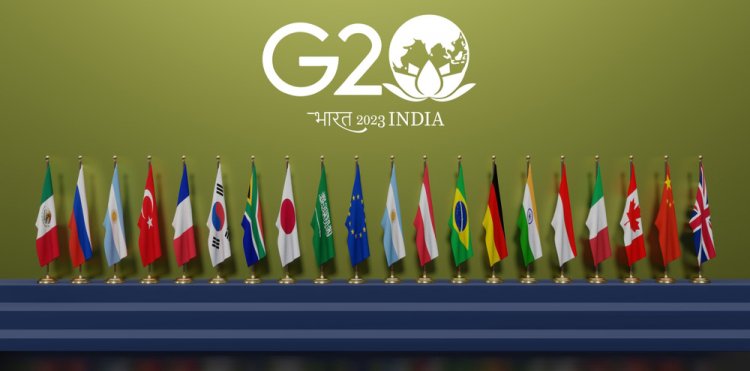
The global impact and response to the COVID-19 pandemic, a human health crisis caused by a virus passed from animals, highlights the need for coordinated action across sectors to protect health and prevent disruption to food systems. This involves a spectrum of actors and work on sustainable agriculture, animal, plant, forest, and aquaculture health, food safety, antimicrobial resistance (AMR), food security, nutrition and livelihoods.
Ensuring a ‘One Health’ approach is essential for progress to anticipate, prevent, detect, and control diseases that spread between animals and humans, tackle AMR, ensure food safety, prevent environment-related human and animal health threats, as well as combatting many other challenges. Such an approach is also critical for achieving the Sustainable Development Goals (SDGs). A separate technical workshop is being planned in August 2023 to discuss the topic in detail.



 Join the RuralVoice whatsapp group
Join the RuralVoice whatsapp group































